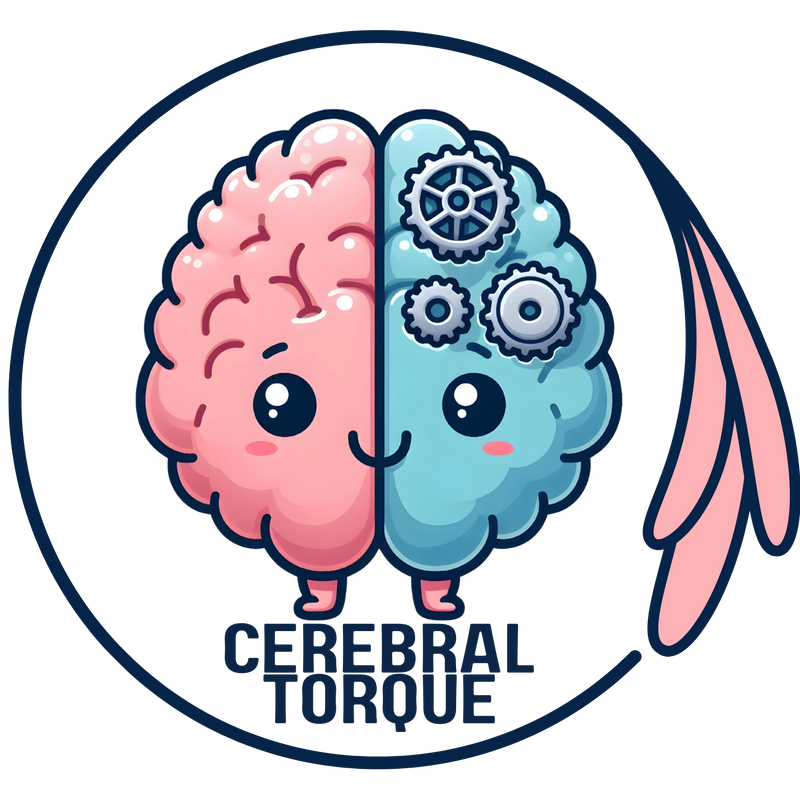Memantine (Namenda): A Potential Off-Label Treatment for Migraine
Posted on July 31 2023,

Click for the full list of the 50 uncommon migraine preventives
What is Memantine (Namenda)?
Memantine is an N-methyl-D-aspartate (NMDA) receptor antagonist indicated for the treatment of moderate to severe dementia of the Alzheimer’s type. It is used off-label for other diseases, including migraine.
Interestingly, it was first synthesized for hyperglycemia, but it was not effective and was only recognized as an NMDA receptor antagonist later in its development.
How Does Memantine Work?
People with migraine experience increased cortical levels of glutamate and have abnormalities in NMDA receptor function. Excessive NMDA receptor activation is believed to facilitate cortical spreading depression, which is responsible for migraine aura pathophysiology and triggers headache pain in migraine.
Memantine is a low-affinity, uncompetitive NMDA receptor antagonist that binds preferentially to excessively open NMDA receptor-operated cation channels under pathological conditions. This property allows memantine to inhibit the harmful effects of chronic overstimulation by glutamate that is associated with neurological disorders, without disrupting normal synaptic transmission and plasticity. There is evidence that memantine may be beneficial in migraine prevention through its effects on the glutamatergic system.
By blocking NMDA receptors, memantine may raise the threshold for cortical spreading depression induction and inhibit headache generation. The mechanism of memantine may provide migraine prophylaxis without impairing normal neurophysiology.
Memantine as a Potential Treatment Option for Migraine
A recent systematic review and meta-analysis summarized the findings from five randomized controlled trials (RCT) comparing memantine to placebo for migraine prevention. The pooled results demonstrated that memantine resulted in a significantly greater reduction in monthly migraine days compared to placebo. The number needed to treat was low, suggesting memantine has a potent prophylactic effect in many patients. Furthermore, the included non-RCT also showed memantine decreased MMDs.
Adverse events were similar between memantine and placebo groups, indicating memantine is well tolerated.
https://actamedicaphilippina.upm.edu.ph/index.php/acta/article/view/2776
In a double-blind, randomized controlled trial, the efficacy of memantine was compared to sodium valproate, a first-line medication for migraine prophylaxis.
The results showed that memantine and sodium valproate led to a significant reduction in monthly migraine days (MMDs) with the memantine group initially having an average of 5.31 MMDs that went down to 0.92 MMDs after treatment. In the sodium valproate group, MMDs decreased from 5.35 to 0.77. All patients in both groups had at least a 50% reduction in MMDs.
Further clinical trials and larger sample sizes are needed.
https://www.explorationpub.com/uploads/Article/A100442/100442.pdf
In another randomized controlled trial, half of the patients were given memantine and the other half placebo. Results showed that the memantine group experienced a significant reduction on MMDs compared to placebo. Patients in the memantine group also experienced greater reduction in the number of work absence days, severity, and disability score than the patients in the placebo group.
https://headachejournal.onlinelibrary.wiley.com/doi/10.1111/head.12732
In yet another randomized controlled trial, it was found that memantine resulted in a significant reduction in MMDs compared to placebo.
https://www.ncbi.nlm.nih.gov/pmc/articles/PMC6613428/
Conclusion:
Memantine is generally well-tolerated and due to its unique mechanism of action, it may be a viable option as an adjunctive treatment for migraine prophylaxis.
Potential Side Effects of Memantine
The most common adverse reactions are dizziness, headache, confusion, and constipation.
This is a cursory understanding of uncommon migraine medications. This is only to be used as a resource to go to your neurologist with.
Mon, Nov 17, 25
Migraine Research - During the week of my absence.
Migraine Research - During the week of my absence. The Association Between Insomnia and Migraine Disability and Quality of Life This study examined how insomnia severity relates to migraine disability...
Read MoreSat, Nov 01, 25
Anti-CGRP Monoclonal Antibody Migraine Treatment: Super-Responders and Absolute Responders and When to Expect Results
Anti-CGRP monoclonal antibodies achieved 70% super-response and 23% complete migraine freedom in a one-year study. Most dramatic improvements occurred after 6 months of treatment. For patients with chronic or high-frequency...
Read MoreAll Non-Invasive Neuromodulation Devices for Migraine Treatment
Wondering if migraine devices actually work? This guide breaks down the latest evidence on non-invasive neuromodulation devices like Cefaly, Nerivio, and gammaCore. Learn which devices have solid research backing them,...
Read More



